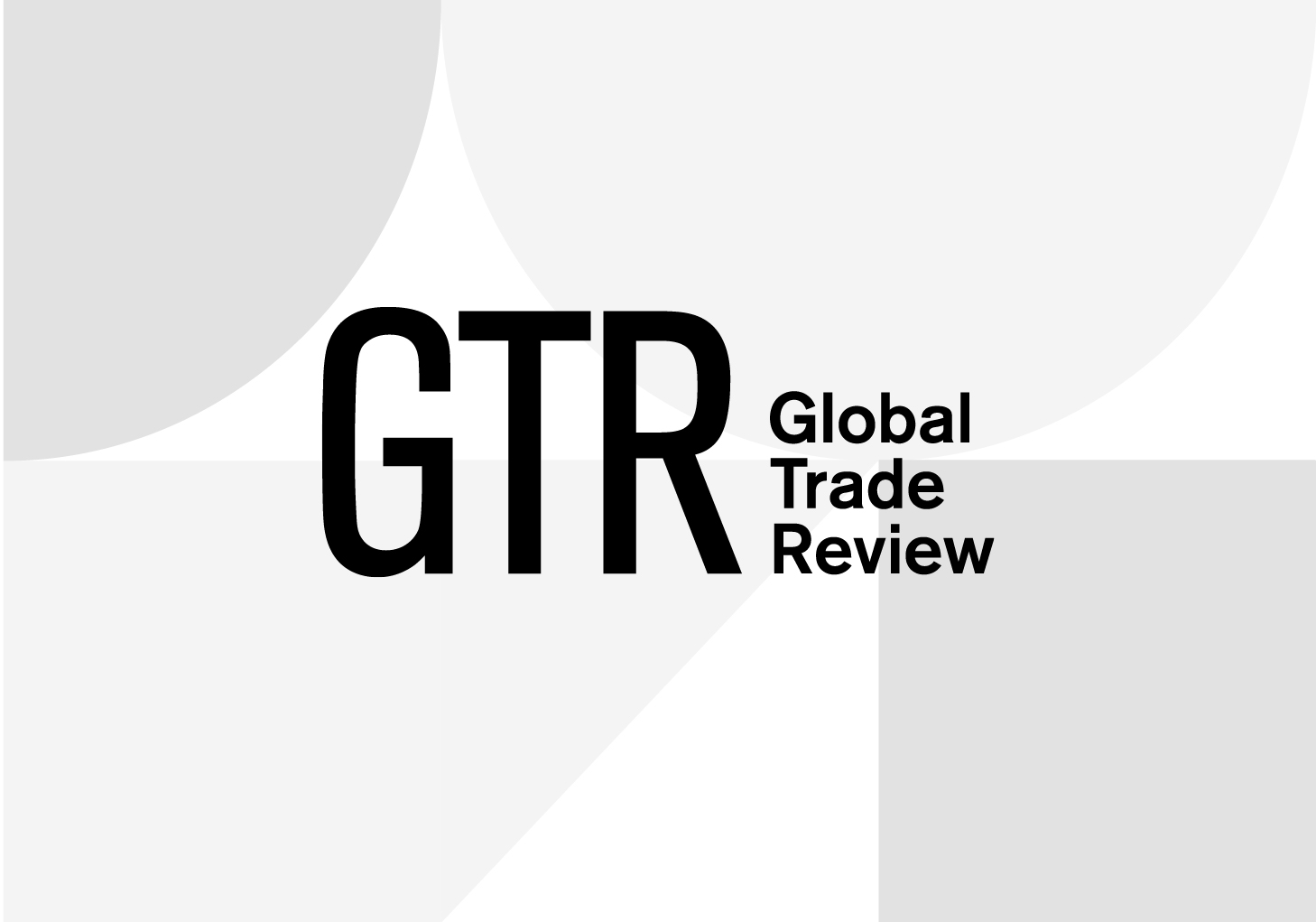The EBRD and Global Finance SA, the biggest private equity investment company in southeast Europe, are setting up a private equity growth fund to target small and medium-sized enterprises (SMEs) in Bulgaria and Romania. Other investors include Bulgarian Post Bank, Banc Post Romania and the European Commission with €6.5mn through the equity window of the EU/EBRD SME Finance Facility. The initial capital will be €16.25mn, which could be extended to €20mn.
The new Global Bulgaria and Romania Growth Fund expects to make equity investments with an average size of €800,000 in growth-oriented SMEs, taking both minority and majority stakes. Managed by Global Finance, the fund will mainly target companies that are led by strong management, have good potential for growth and are building strong brand names and distribution networks, while taking strong positions in the local markets. It will also look for companies that are using local resources and are highly competitive within their field.
John Chomel-Doe, head of the EBRD’s office in Bulgaria, says equity funds that support SMEs are crucial in countries like Bulgaria and Romania. A key factor for the growth and vitality of SMEs is access to finance, which the Global Bulgaria and Romania Growth Fund will provide, adds Chomel-Doe. Growing businesses are the building blocks for all economies, but these businesses must grow further if economies are to remain strong. The new fund aims to help do just that.
Established in Greece in 1991, Global Finance manages over €400mn throughout the region, including through the Black Sea Fund, which makes investments in the Balkans in the US$5-10mn range. Global Finance also provides its investee companies with hands-on management support, follow-on financing capacity, the ability to attract strategic partners, and access to an extensive network of relationships, including clients, suppliers, professional advisors and financial institutions.
Emil Ivanov, general manager at Global Finance Sofia, says: “Global Finance backs businesspeople and entrepreneurs with a proven track record and dedication to their companies, who are able to lead their businesses to top performance.”
The SME Finance Facility was launched in 1999 under the Phare Programme the main channel for the European Union’s financial and technical cooperation with the EU accession countries with the EBRD. It aims to encourage institution building in the financial sector and the growth and development of SMEs by providing access to loans, leasing and equity finance from local financial intermediaries. The budget earmarked for the Phare Programme in 2000-2006 is about €11bn.
Company tax experts have lodged early objections to proposals floated by the European Commission to use International Accounting Standards (IAS) as a starting point for an EU-wide tax base for multinational companies.
In a policy statement sent to the Commission, the International Chamber of Commerce maintained that tax authorities should respect the differences between taxation and financial accounting rules and refrain from using companies’ financial results for tax adjustments.
The ICC statement, drawn up by corporate experts serving on the world business organisation’s Commission on Taxation, says: “Taxation and financial accounting serve different purposes, have different objectives and are based on different principles.
“Although both sets of rules are used to measure the annual results of an enterprise, differences in the results (profits) or methods applied (e.g. valuation) have to be accepted. Financial accounting looks at the enterprise as an economic entity (group) whereas taxation is normally based on a separate entity approach”.
Business concern about the direction EU tax policy might take was aroused by a Commission consultation paper issued in March. The paper looks at ways of removing individual tax obstacles to cross-border trade in the internal market, which are now being considered by the EU Commission and member governments.
Options included home state taxation allowing a multinational group to calculate taxable profits for all its EU operations according to the tax rules of the country where it has its headquarters – and a common tax base applicable across the EU, using the IAS as a staring point for the calculation of the taxable EU group result.
The consultation paper says: “All listed companies, including banks and insurance companies, will be required to prepare their consolidated accounts in accordance with the IAS from 2005 onwards. The challenge is to plan how this development can be exploited for taxation purposes.”
The chairman of the ICC Commission on Taxation, Peter Baumgartner, comments: “In practice, the EU Commission’s ideas about linking accounting and taxation rules would be almost unworkable.” ICC tax experts are convinced that the inevitable outcome would be inaccurate and inconsistent tax assessments.
Baumgartner adds: “The differences between the two worlds are too great, and given current developments in international accounting standards they are likely to become even bigger.” Baumgartner is deputy director of the Federation of Swiss Industrial Holding Companies.







